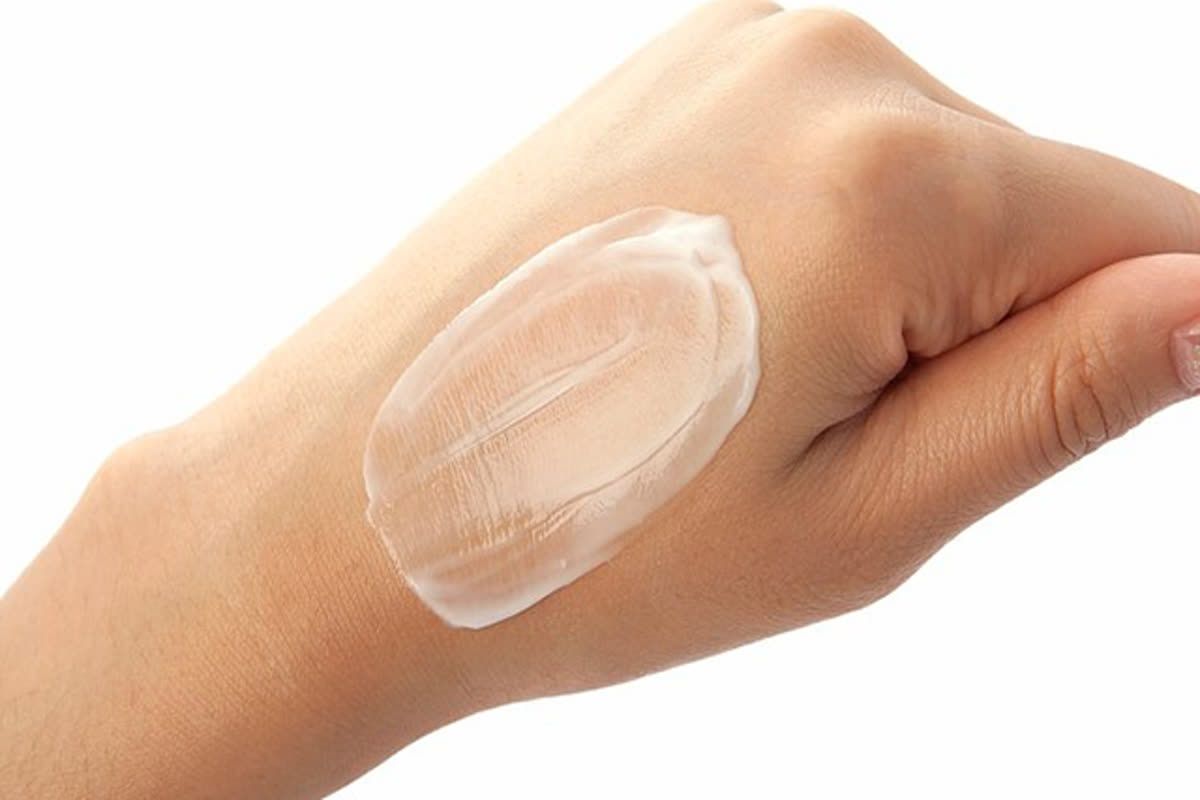Just as each person has different abilities, there are also individual variations in taste. Taste is one of the five senses that allow us to perceive the flavor of food. Differences in genetics can influence the taste buds and taste cells on our tongues, and even with the same number of taste cells, their sensitivity can vary. If you dislike many foods or have a limited palate, you may not simply dislike eating; you could be a supertaster.
Are you a picky eater with a limited palate?

Some people are notably picky eaters. However, there could be a reason for such pickiness, as the ability to perceive taste varies due to differences in taste receptors on the tongue. Those with exceptionally sensitive taste can perceive flavors that others cannot, and this can cause them to dislike certain foods due to unique tastes that only they can experience.
You could be a supertaster

People who perceive flavors intensely are referred to as supertasters. The concept of supertasting was first discovered in the 1930s by Arthur Fox, a chemist at DuPont, when he accidentally spilled phenylthiocarbamide (PTC) powder, and only some people in the same room complained of a bitter taste from the airborne powder. After conducting experiments on people around him, it was revealed that about 2 out of 4 people could not perceive the bitter taste of PTC, thus defining the term supertaster.
Sensitive to cucumbers and cilantro?

If you’re a supertaster who perceives bitter tastes well, you might not enjoy cucumbers or cilantro or shy away from strong coffee. Not only food but also your drinking habits can be affected. According to a study by the National Cancer Center, people with a genetic mutation that makes them less sensitive to sweet and savory tastes were 1.53 times more likely to drink excessively. In contrast, those less sensitive to bitter tastes had a 25% lower risk of excessive drinking.
How to tell if you’re a supertaster

Is there a way to know if you’re a supertaster? You can find out by placing a strip of paper containing PTC on your tongue. Supertasters will detect a very bitter taste quickly and spit it out. On the other hand, about 25% of people don’t perceive this bitterness well, and these people can be considered taste blind. A chemical substance called 6-n-propylthiouracil (PROP) is also used as a substitute for PTC.
How is it different from taste addiction?

Taste addiction refers to the tendency to seek out a specific food because you remember the pleasant feeling you got from eating it. Taste addiction can lead to picky eating, and it can occur regardless of age, such as children who refuse to eat vegetables or adults who only seek sweet, salty, or spicy foods. Unlike supertasting, the reason for picky eating due to taste addiction is usually because the satisfaction of taste decreases or because they have negative thoughts about food, so the cause is different.
How to improve taste addiction?

To improve taste addiction, it helps to experience new tastes intentionally. If you’re addicted to sweet flavors, you should eat foods with a low sugar index and start your meals with high-fiber vegetables to remember other tastes. Likewise, if you’re addicted to salty tastes, it’s good to start with vegetables and develop the habit of eating with chopsticks.
Women are much more sensitive than men

Depending on an individual’s sensitivity, taste can be perceived as sweet, salty, or bitter. Women are known to be much more sensitive to taste than men. Women are more sensitive to bitter tastes, while men are more sensitive to sweet tastes. Some people are born more sensitive, while others are born less sensitive, and various causes can lead to a decrease in taste sensitivity later in life.
Sense of smell can also affect taste

The sense of smell can also affect taste. If you lose your sense of smell from severe cold, you may not be able to taste food. Also, changes in your mind of taste may cause things that used to taste good to be tasteless. While a simple decrease in the intensity of taste perception is not a problem, if it affects daily life, you should find the cause and receive treatment to prevent it from worsening. There is also a risk of eating spoiled food or drinking harmful beverages due to taste disorders.
Taste influenced by various environments

Taste can be influenced by various factors such as disease, environment, and temperature. If you’re under a lot of stress or if your cortisol hormone levels are high, the intensity of taste perception can decrease. If your surroundings are dry, saliva production can decrease, lowering taste sensitivity. In addition, as the saying goes, as you age, you perceive tastes less; aging significantly impacts dulling the sense of taste. Your ability to smell and taste declines as you age, contributing to this dullness.
Being a supertaster isn’t always a good thing

Being a supertaster might seem like it would be helpful when cooking or make you a food connoisseur, but it’s not always a good thing. Supertasters are sensitive to sugar and fat and may not fully enjoy foods like cake. They perceive bitter tastes more painfully than others, and because salt alleviates this pain, they may use more salt when cooking. They’re not simply sensitive to taste and have superior discernment. Depending on the taste, it can be painful. So, they have their struggles.



























Most Commented